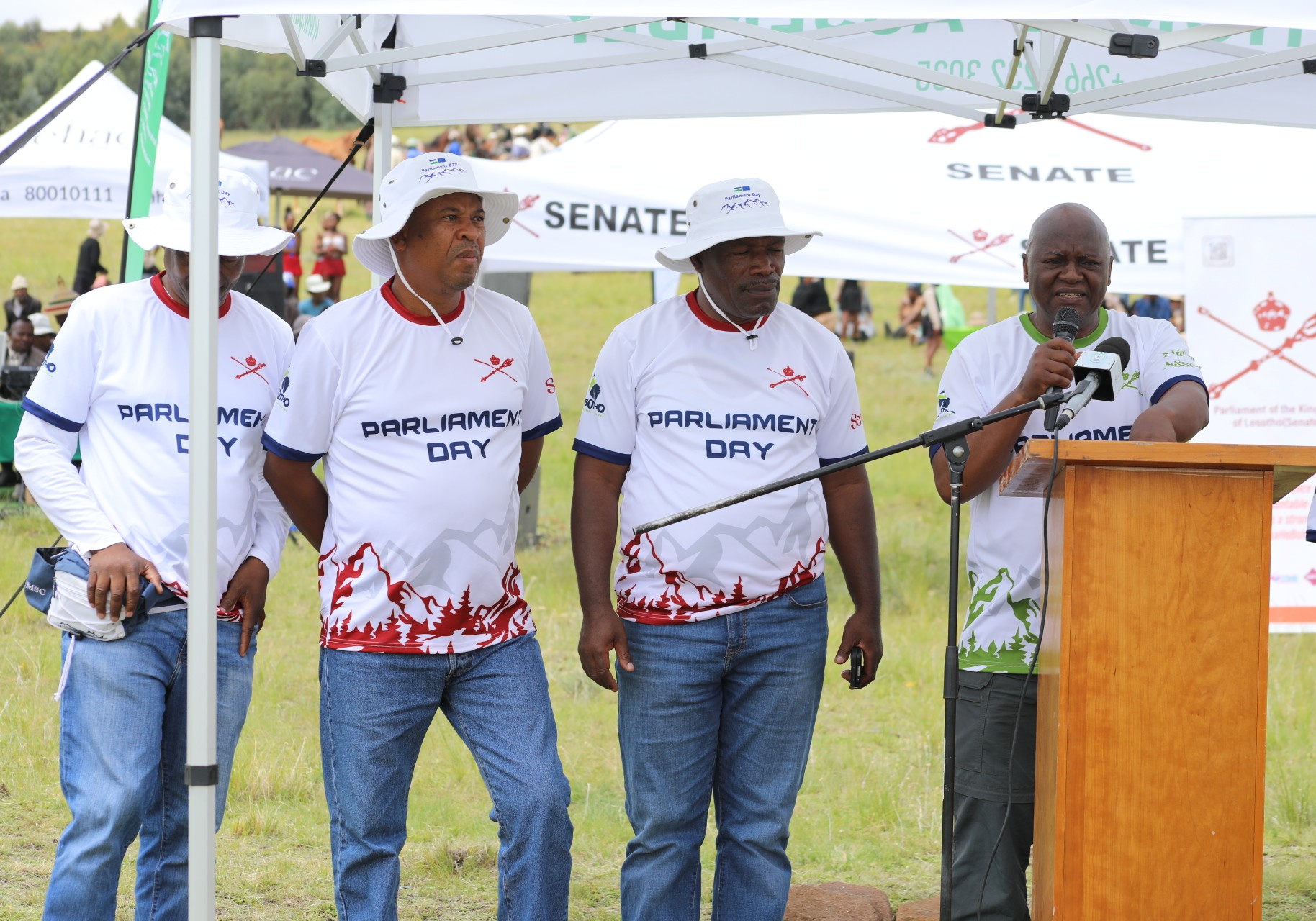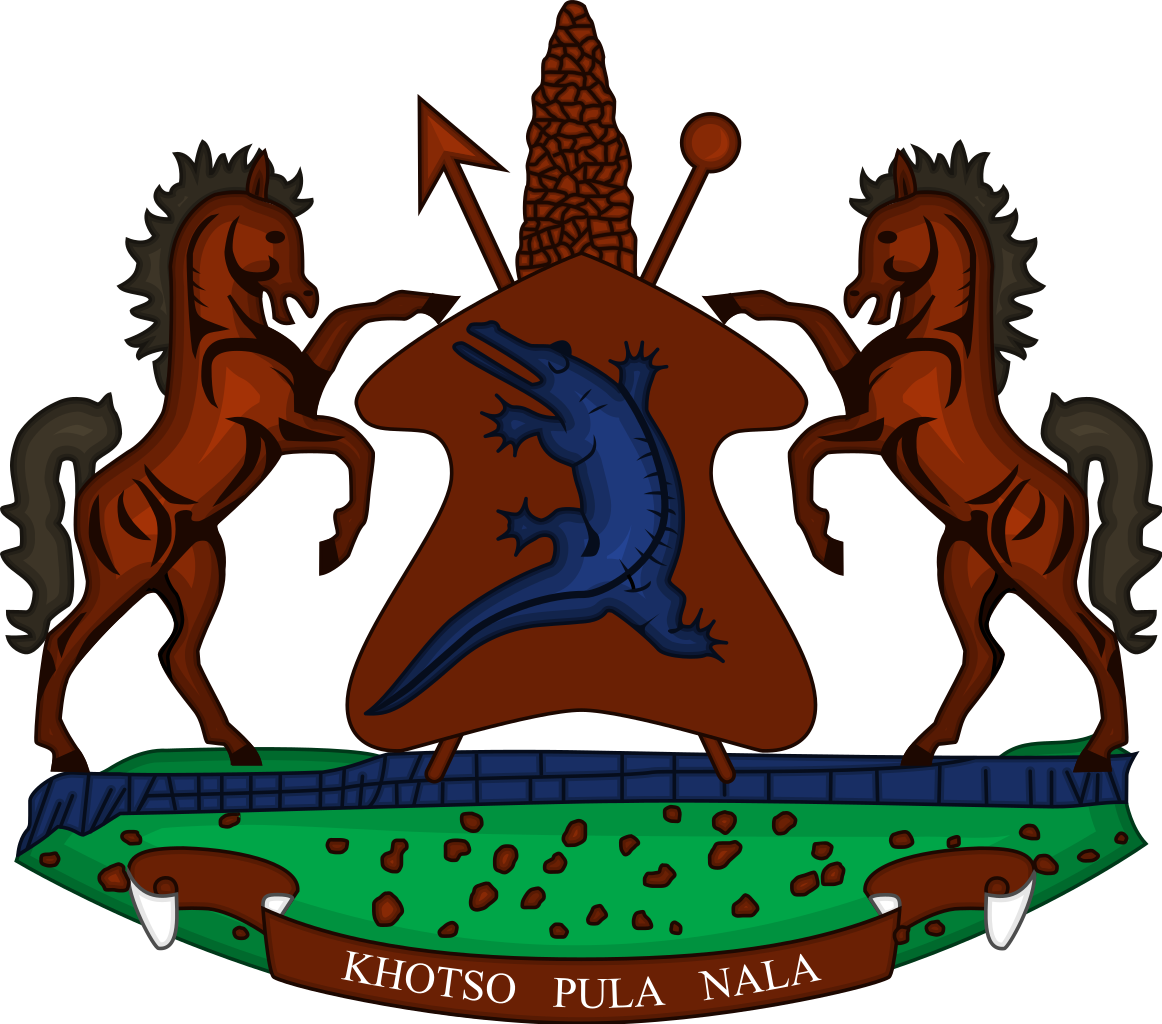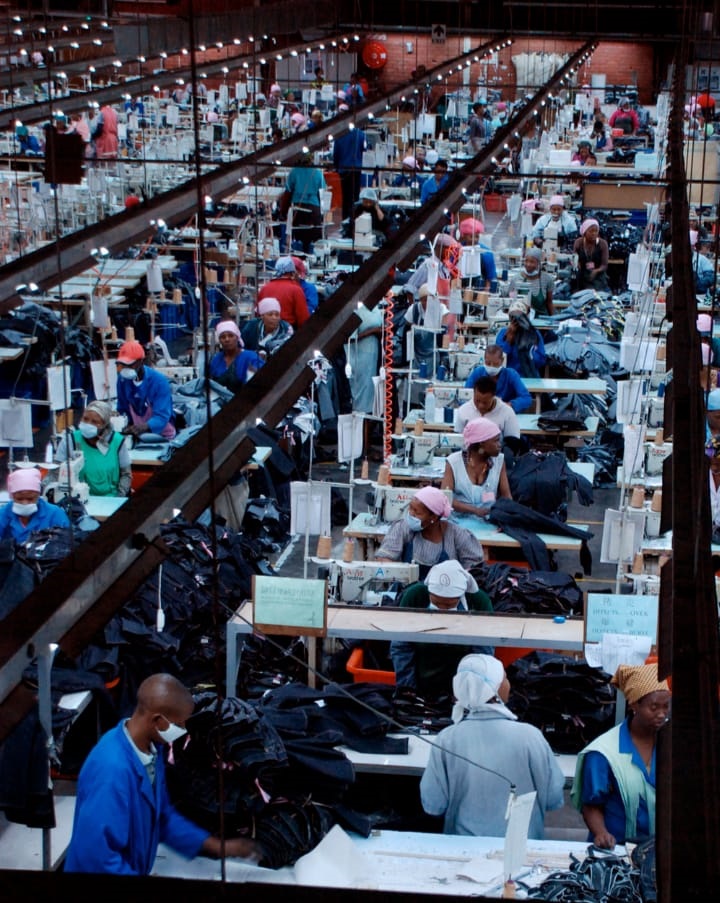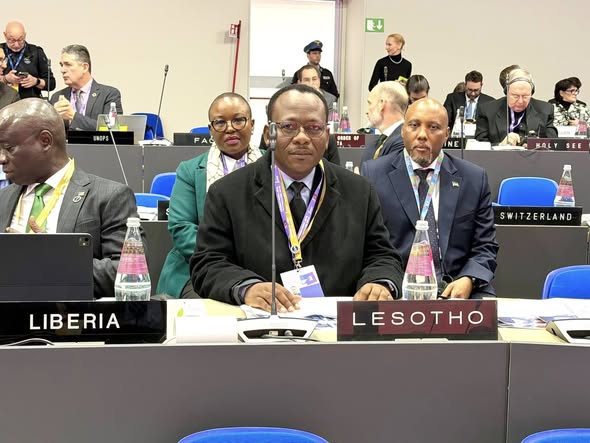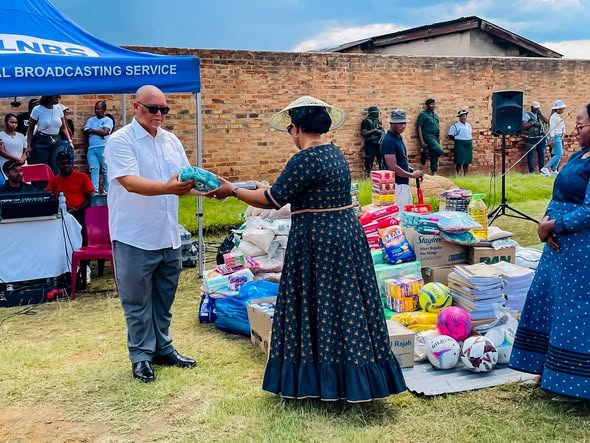Lesotho’s economy has solely been dependent on the Lesotho Highlands Water Project (LHWP) revenues, textile factories and Sothern African Customs Union (SACU) revenue for the past ten years.
The present decline in textile factories has become evident as the country does not meet the expectations of the buyers regarding the product they produce. As a step toward revitalising the manufacturing export sector in Lesotho, the manufacturing sector needs to venture into branding new ideas in this sector and implement new skills of running the textile industry.
This is according to reports presented during the Seminar on Revitivisation of Lesotho’s Manufacturing Export Sector that was organised by the Lesotho Government in partnership with the World Bank, USAID, Southern African Trade and Investment Hub.
The Minister of Trade and Industry, Dr Thabiso Molapo however said Lesotho needs to shift and focus on a more suitable and longer-term recovery approach that will ensure that the country emerges out with fewer causalities and more productivities and competitive manufacturing sector, noting that this will ensure that the country can reduce long term unemployment and also strengthens Lesotho Presence in the global economy.
The Minister said to make Lesotho an attractive destination for buyers, the country needs to expand its chain of production and show the world that the country is capable of being more just labour but can do it all.
“Lesotho needs to expand its own chain of production and offer a full product at a completive price,” Dr Molapo noted.
Moreover, the Minister said Lesotho needs to focus on undertaking the full production process and finding a new market will help the textile industry to recover economically.
The possibility of Lesotho embarking on an industrialization path depends very much on how to develop and integrate the value chain increase markets share in the current and new markets and promote new investors into the country.
The government and other stakeholders in the country should consider this sector as of immense importance for Lesotho’s economic sustainability.
The reports show that the apparel industry in Lesotho took off post-2000 with Foreign Direct Investment (FDI), primarily from Taiwanese investors, already linked into global value chains supplying the United States of America (US) market and interested in using Lesotho as a production base to take advantage of duty-free imports to the US market through the African Growth and Opportunity Act (AGOA).
The apparel industry has also been a source of employment to Basotho with 45 000 employees.
Lesotho needs more investment to improve its infrastructure by providing additional factory sheds for the textile industry in compliance with environmental and industrial safety standards.
The country needs reliable electricity and water supply services, value chain integration from textiles to clothing and improved vertical production capabilities that can make the country become a more attractive apparel-sourcing base and investment destination.
Again the country needs to have access and control of the major component of the garment cost by creating a textile hub for the full package and CMT business not only in Lesotho but also to several factories in Southern Africa as this is the concrete response to the speed to market trends and global buyers demand interest that will reduce the dependency on the Far East fabrics.
Positioning the country as a major player within the global investment community is another factor that will help to revamp the textile industry and economic growth.
The other factor that Lesotho should do is to consider the advantages that it has compared to other countries which is the promotion exposure of the country as an investment destination. This will make the country visible to potential investors through targeted and efficient promotion, due to industry and red-carpet activities.
The industrial economy recovery can also be done through a comprehensive textile promotion investment package where the country showcases all current incentives including additional infrastructure for rent needs to be developed to target and proactively pursue potential investors that fully understand the business decision to have better control of the value chain cost components and respond to current international markets demand trends.
It has also been established during this seminar that for the country to succeed in improving the production industry such as factories and warehouses, leather, agro-processing and automotive components, bottlenecks need to be addressed to help the country leverage its potential to use investments and reduce unemployment.
Lesotho has great opportunities for the Textile and Apparel sector, and this starts with the government’s decision to prioritize the sector through a well-developed action plan.
The textile and apparel industry has been hit hard by the COVID-19 pandemic which caused economic deterioration, and the key traders including South Africa, the European Union (EU) and the United States of America (US) were amongst the hardest hit by the pandemic which has resulted into a decline in the demand for Lesotho made products.
By Staff Reporter: Noliwe Velaphe
